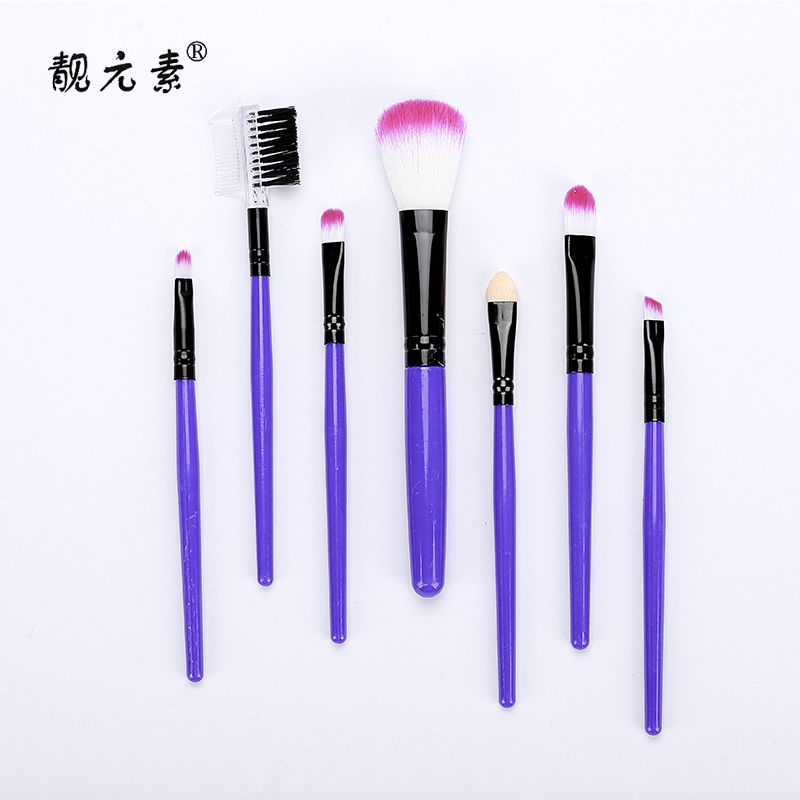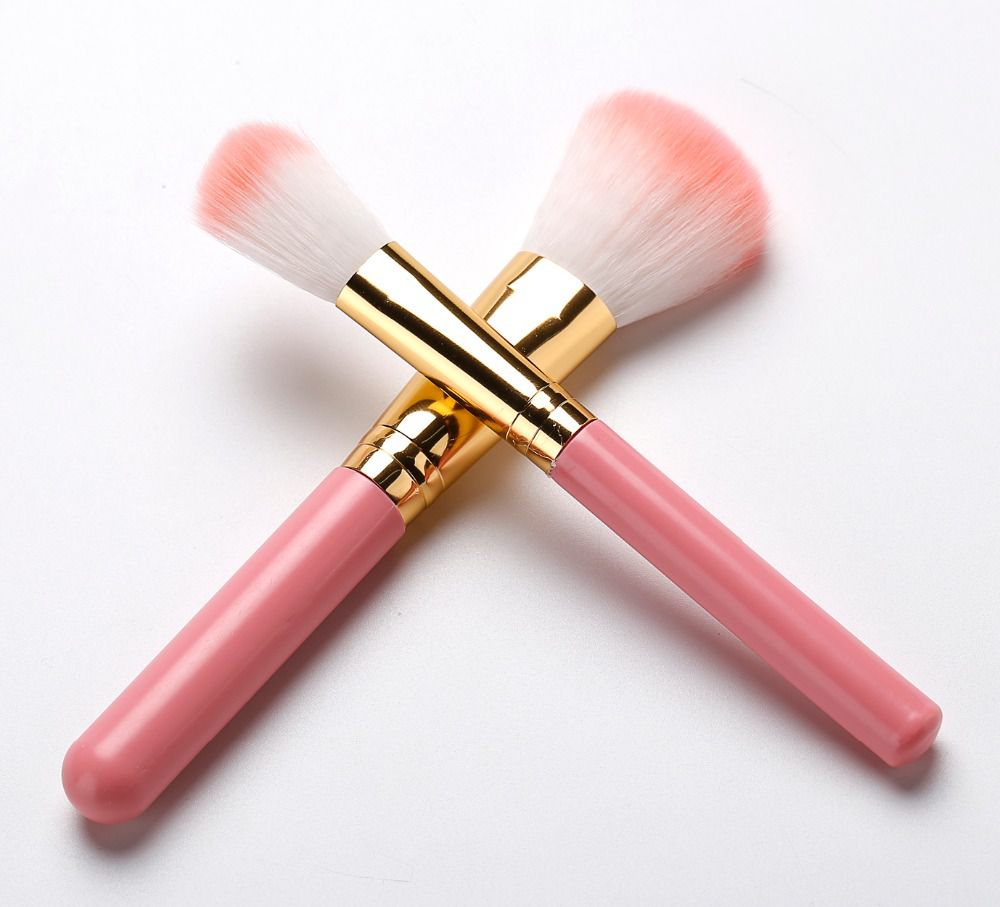Industry news
Brazil’s "Sustainable Beauty" Campaign: Brush Brands Promote Bristle Recycling Programs
- 718 Views
- 2025-11-19 01:32:01
Brazil’s Sustainable Beauty Movement: Brush Brands Spearhead Bristle Recycling to Redefine Eco-Conscious Cosmetics
In recent years, Brazil’s beauty industry has emerged as a global powerhouse, with market growth outpacing many regions—2023 data from Euromonitor highlights a 12% year-over-year expansion, driven by a young, beauty-enthusiast population and rising disposable incomes. Yet, this boom has coincided with a critical shift: Brazilian consumers are no longer prioritizing just efficacy or affordability; sustainability has become a non-negotiable. Enter the "Sustainable Beauty Campaign," a grassroots-to-industry movement pushing brands to rethink product lifecycles—starting with one often-overlooked component: makeup brush bristles.
Traditional makeup brushes, a staple in 85% of Brazilian households (per a 2023 Nielsen survey), have long posed environmental challenges. Most bristles are made from petroleum-based尼龙 (nylon), which can take 450+ years to decompose in landfills, or animal hair (e.g., squirrel, goat), raising ethical concerns and contributing to deforestation-linked grazing practices. With an estimated 10 million brushes discarded annually in Brazil alone, the beauty sector faced a reckoning: innovate or risk alienating the 72% of consumers who now check for eco-credentials before purchasing (Brazilian Beauty Consumer Report, 2023).

Enter bristle recycling programs—an emerging solution led by forward-thinking Brazilian brush brands. These initiatives are reimagining the end-to-end lifecycle of brushes, from material sourcing to post-consumer disposal. At their core, they address two gaps: diverting waste from landfills and educating consumers on "beauty circularity."
Take Rio de Janeiro-based brand VerdePincel, a pioneer in the space. Launched in 2021, their "Recicla & Renova" (Recycle & Renew) program partners with 40+ beauty retailers across Brazil, including major chains like Sephora Brazil and local boutiques, to host drop-off bins for old brushes. Consumers who recycle receive a 20% coupon for VerdePincel’s eco-line, which uses 30% recycled nylon in its bristles. The回收流程 (recycling process) is rigorous: collected brushes are sorted by material (nylon vs. animal hair), cleaned, and processed. Nylon bristles are shredded, melted, and reformed into new bristle fibers, while animal hair—once sanitized—is repurposed into artisanal crafts or compostable garden mulch. By 2023, the program had diverted 3.2 tons of waste, equivalent to saving 12,000 liters of crude oil (a key raw material for virgin nylon).

Another standout is Pincéis Sustentáveis, a São Paulo startup that takes a community-driven approach. Recognizing that many low-income consumers lack access to retail drop-offs, they partner with local NGOs to host monthly "Eco-Beauty Fairs" in favelas, where residents can exchange old brushes for free samples or discount vouchers. "We’re not just recycling—we’re democratizing sustainability," says founder Maria Almeida. "A mother in Rocinha shouldn’t have to choose between her budget and the planet." This model has boosted participation: in 2023, 60% of their回收量 (recycled volume) came from these community events, reaching demographics often excluded from green initiatives.
These programs are not just environmentally impactful—they’re reshaping consumer behavior. A 2023 survey by VerdePincel found that 82% of participants reported becoming more mindful of product waste, and 70% now research a brand’s sustainability practices before buying. This "loop effect" is pushing larger corporations to act: in 2023, L’Oréal Brazil announced a pilot bristle recycling program in partnership with VerdePincel, signaling mainstream adoption.
Looking ahead, challenges remain. Scaling recycling infrastructure—especially in Brazil’s vast rural regions—and standardizing material processing are key hurdles. But with consumer demand growing (Google searches for "sustainable makeup brushes Brazil" rose 180% in 2023) and government support (the 2024 National Beauty Sustainability Pact offers tax incentives for eco-initiatives), the future is promising.

Brazil’s sustainable beauty campaign isn’t just about brushes—it’s a blueprint for how the beauty industry can turn waste into opportunity. As Almeida puts it: "Every recycled bristle is a step toward a beauty routine that loves the planet as much as it loves your skin."











